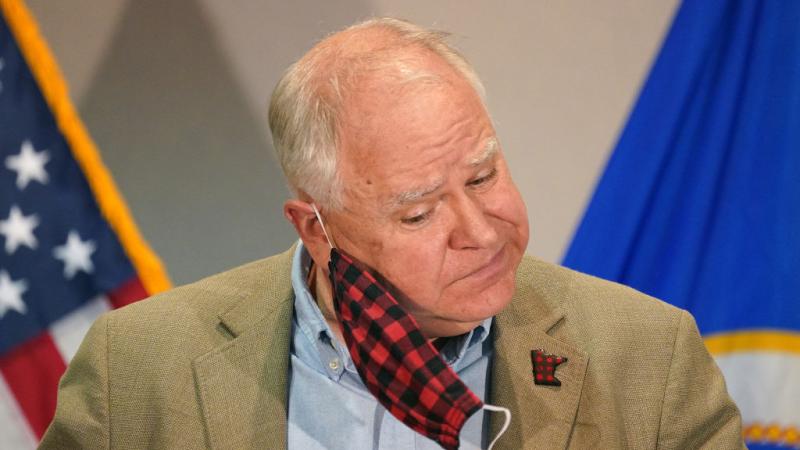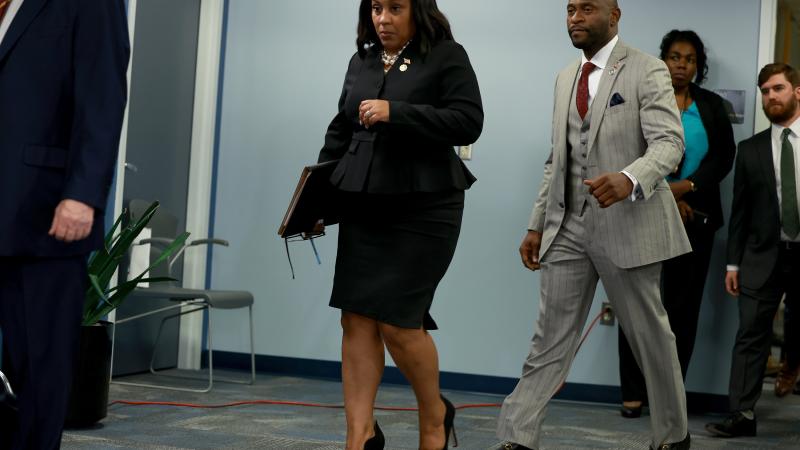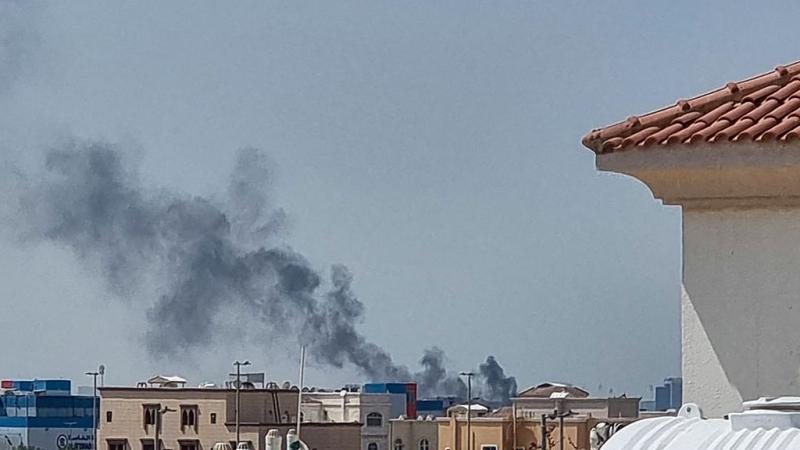Billions potentially went to fraudulent applicants in SBA's coronavirus relief program, report
At the height of the pandemic, the SBA 'lowered the guardrails' that prevent fraud, according to the inspector general report.
The Small Business Administration approved more than $14 billion in emergency coronavirus relief funds for struggling businesses that went to accounts that differed from the original bank accounts listed on the loan applications, according to a new inspector general report.
During the onset of the pandemic, the SBA made billions of dollars of disaster-relief funds available to hard-hit businesses.
To expedite such businesses getting the emergency funds into their bank accounts, the SBA "lowered the guardrails" of its internal controls on applications, which resulted in a system easily susceptible fraud, according to the report.
Eligible businesses, for the purposes of SBA disaster loans, are defined as "small businesses; small agricultural cooperatives; most private, nonprofit organization; businesses, cooperatives, Employee Stock Ownership Plans, and tribal concerns with no more than 500 employees; sole proprietorships; independent contractors; and agricultural enterprises," the report states.
The inspector general report also found that $62.7 billion in disaster relief funds were approved to go to duplicate applicants using the same IP addresses, emails, or bank accounts. Some of those funds also went to businesses listed at the same addresses. And at least $1.1 billion went to businesses that were potentially ineligible for the emergency grants.
The SBA provides up to $2 million in economic injury disaster loans to eligible businesses to help meet financial obligations and operating costs during a crisis. Throughout the pandemic, the SBA was tasked with loaning out more than $373 billion in relief funding, plus an additional $20 billion in emergency advance grants. Those figures represent a greater sum of disaster loan funding than the agency has loaned out during all the years combined since its creation in 1953.
On the final day of March, the SBA received 680,000 applications, the highest number the agency had ever received in a single day.
Ten days later, the agency had received 4.5 million applications from companies in dire financial straits. According to the report, "unprecedented COVID-19 EIDL application volumes" was a major contributing factor in the agency's decision to relax internal protocols that typically prevent fraud.
According to the watchdog report, the management of the SBA did not fully agree with any of the findings of the audit report or the recommendations included therein.
The agency contends that the office of the inspector general does not provide enough evidence that the loans in question were approved and disbursed to ineligible businesses.
However, the report notes that "despite management disagreeing with the findings ... in most cases, the agency is taking corrective actions to fully implement our recommendations."
















